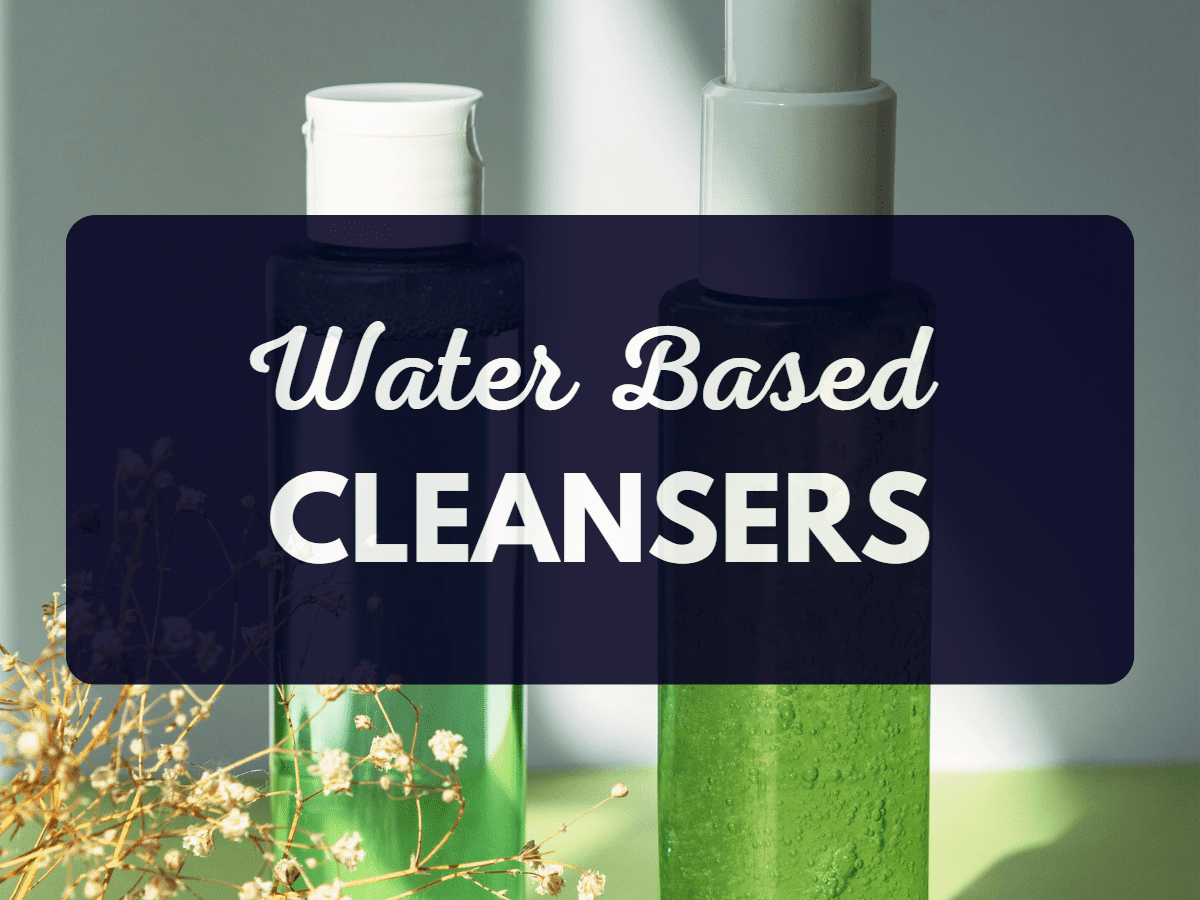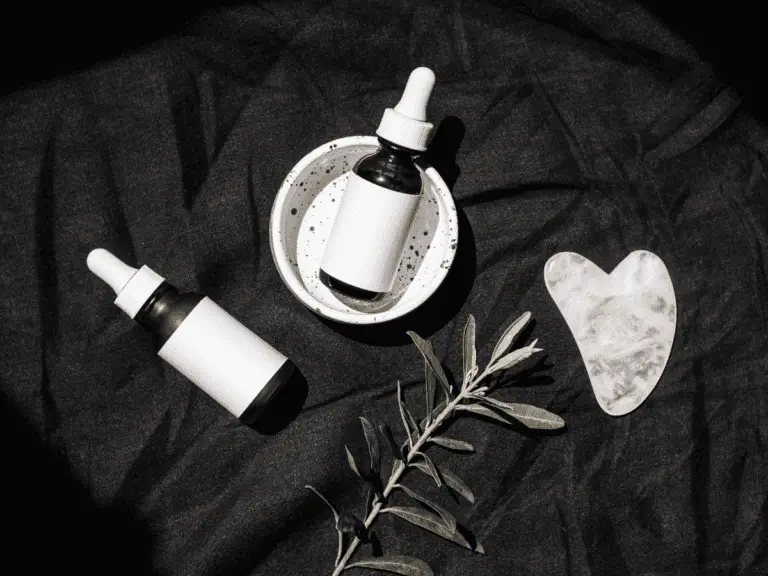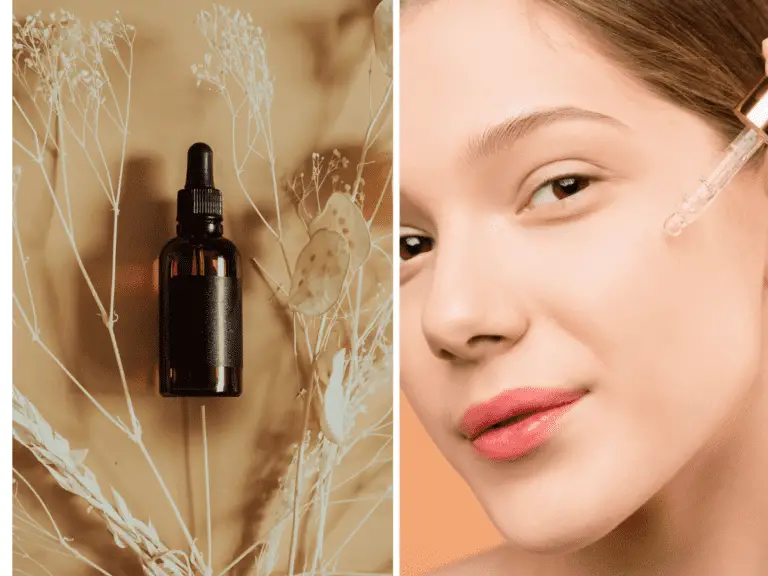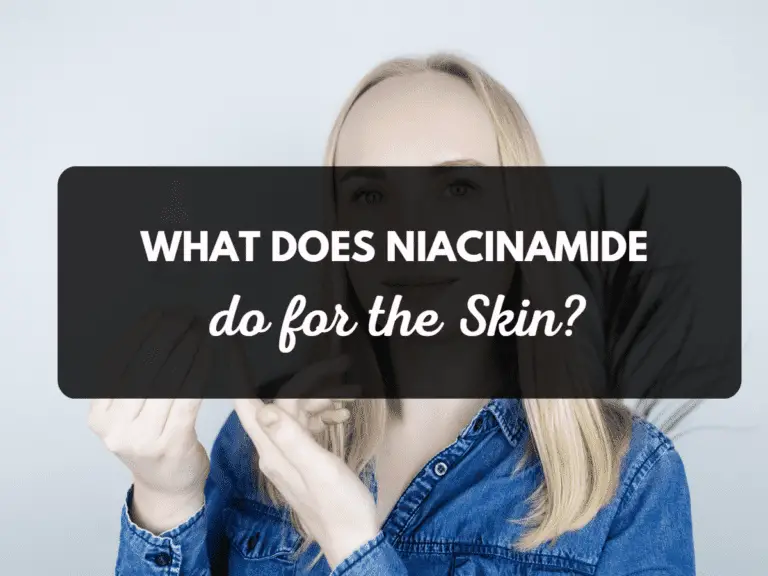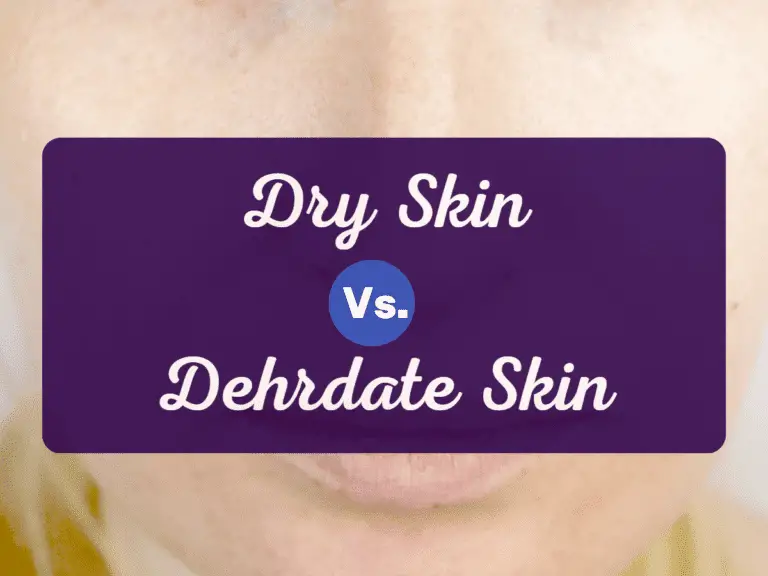Are you looking to step up your skincare routine and wondering what a water-based cleanser is?
Well, wonder no more!
Water-based cleansers are a popular and effective way to cleanse your skin, and they come in various forms to suit different skin types and needs.
In this post, we’ll dive into water-based cleansers and explore what they are, how they work, and the benefits they can provide for your skin.
Let’s dive right in!
What are Water Based Cleansers?
Water-based cleansers, or foam or gel cleansers, are facial cleansing products that contain water as their primary ingredient. They differ from oil-based cleansers, which use oils as their main ingredient. Water-based cleansers are typically used as the first step in a double-cleansing routine to remove dirt, oil, and makeup from the skin’s surface.
What Do Water-Based Cleansers Do?
Water-based cleansers break down and remove impurities from the skin’s surface. They typically come in foam or gel, which helps create a lather that gently cleanses the skin. Unlike oil-based cleansers, water-based cleansers are suitable for all skin types, including oily, combination, and sensitive skin.
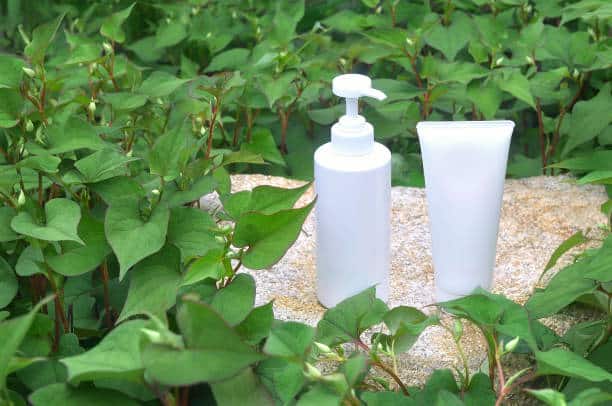
Benefits of Water-Based Cleansers
There are several benefits to using a water-based cleanser:
- Gentle and Suitable for All Skin Types: Water-based cleaners are gentle and suitable for all skin types, including sensitive skin.
- Removes Impurities: Water-based cleansers are excellent at removing impurities from the skin’s surface, such as dirt, oil, and makeup. They help to unclog pores, prevent breakouts, and leave the skin looking and feeling clean and refreshed.
- Hydrating: Water-based cleansers are designed to hydrate the skin, making them ideal for dry skin.
- Easy to Use: Water-based cleansers are easy to use. Just apply a small amount to your face and massage gently before rinsing off with water.
- Can be Used Twice Daily: Water-based cleansers are gentle enough to be used twice daily, making them perfect for your morning and evening skincare routine.
Drawbacks of Water-Based Cleansers
While water-based cleansers offer several benefits, they also have some drawbacks:
- May Not be Effective on Heavy Makeup: Water-based cleansers may not remove heavy makeup or waterproof sunscreen. In such cases, using an oil-based cleanser before a water-based cleanser is best.
- May Not be Enough for Oily Skin: If you have super oily skin, a water-based cleanser alone may not be enough to remove all the excess oil and impurities from your skin.
- Can be Drying for Some Skin Types: While water-based cleansers are hydrating for dry skin, they may be drying for other skin types. In such cases, using a hydrating toner or moisturizer is best after using a water-based cleanser.
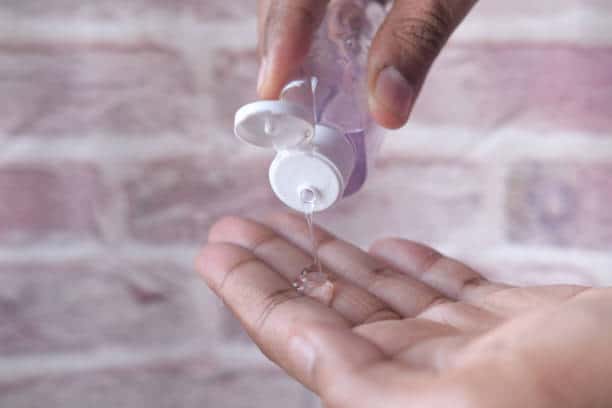
Types of Water-Based Cleansers
Foam Cleansers
Foam cleansers are popular water-based cleanser that creates a rich lather. Foaming cleansers are great for oily skin types as they help to remove excess oil without stripping the skin of its natural oils.
Gel Cleansers
Gel cleansers are another type of water-based cleanser popular for their hydrating properties. They have a thicker consistency and are usually enriched with ingredients like hyaluronic acid, which helps to keep the skin hydrated.
Micellar Water
It is a type of water-based cleanser containing tiny micelles that work to remove impurities from the skin’s surface. It’s a gentle cleanser that doesn’t require rinsing.
Micellar water is a great option for sensitive skin as it doesn’t require rubbing or tugging at the skin. It can be used as a standalone cleanser or as the first step for double-cleansing.
Cream cleansers
Cream cleansers are a more gentle type of water-based cleanser. They are ideal for those with dry or sensitive skin as they help to hydrate the skin while removing impurities. Cream cleansers typically have a thicker consistency than foaming or gel cleansers.
Cleansing Water
Cleansing water is similar to micellar water because it uses micelles to remove impurities from the skin. However, cleansing water is typically more lightweight and doesn’t require rinsing. It’s a great option for those with oily or combination skin types.
How to Choose a Water-Based Cleanser?
Choosing the right water-based cleanser for your skin type and concerns is essential.
Factors to consider when selecting a water-based cleanser:
- Skin Type: Consider your skin type before choosing a water-based cleanser. If you have dry skin, pick a hydrating and gentle cleanser. If you have oily skin, go for an oil-free cleanser that helps control oil production.
- Ingredients: Look for a water-based cleanser that contains skin-loving ingredients like glycerin, hyaluronic acid, and ceramides. These ingredients help to keep the skin hydrated and healthy.
- Formula: Consider the formula of the water-based cleanser. Foam cleansers are ideal for removing impurities and excess oil, while cream cleansers are better suited for dry or sensitive skin.
- Reviews: Read reviews from other users to understand how the water-based cleanser has worked for their skin. Look for reviews from people with a similar skin type and concerns as yours.

Tips for Using a Water-Based Cleanser
- Use lukewarm water to rinse your face after cleansing. Hot water can strip your skin of natural oils, while cold water can be too harsh and may not remove all the cleanser residue.
- Massage the water-based cleanser gently onto your skin using circular motions. Be careful not to tug or pull on your skin, which can irritate it.
- Consider double cleansing if you wear makeup or sunscreen. Use an oil-based cleanser first to remove makeup, followed by a water-based cleanser.
- Use the right amount of water-based cleanser. Using too much can be wasteful and may strip your skin of its natural oils, while using too little may not effectively cleanse your skin.
- Follow Up with a Moisturizer After cleansing, follow up with a moisturizer to keep your skin hydrated. This is especially important if you have dry skin, as water-based cleansers can be drying.
Common Misconceptions about Water-Based Cleansers
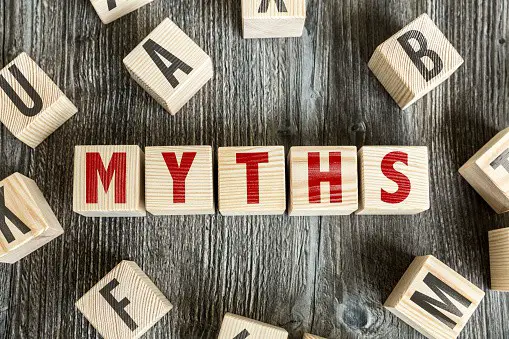
Misconception #1: Water-Based Cleansers are only for Oily Skin
In reality, water-based cleansers can be used by people with all skin types, including dry and sensitive skin. The key is to choose a water-based cleanser that is gentle and formulated for your specific skin type.
Myth #2: Water-Based Cleansers Are Drying
While it’s true that some water-based cleansers can be drying, it’s important to note that not all of them are. Many water-based cleansers contain hydrating ingredients like glycerin or hyaluronic acid, which help to keep the skin hydrated and plump.
Misconception #3: Water-Based Cleansers are not Effective at Removing Impurities
While oil-based cleansers are excellent at removing oil-based impurities like sebum, water-based cleansers are equally effective at removing impurities like dirt and sweat.
Myth #4: Water-Based Cleansers Aren’t Suitable for Removing Makeup
While it’s true that some water-based cleansers may struggle to remove heavy or waterproof makeup, many water-based cleansers are specifically formulated to do just that. Micellar water, for example, is a water-based cleanser that removes makeup without drying out the skin. Most water-based cleansers are effective at removing everyday makeup. An oil-based cleanser may be a better option for heavy or waterproof makeup.
Key takeaway:
Water-based cleansers are a gentle yet effective way to cleanse your skin and remove impurities without stripping your skin of its natural oils.
They’re suitable for all skin types, including oily, dry, and sensitive skin, and come in various forms, such as foam, gel, and cream.
Incorporating a water-based cleanser into your daily skincare routine can help keep your skin healthy, radiant, and glowing.
Frequently Asked Questions
Q: Can I use two water-based cleansers?
A: While using two water-based cleansers in your daily skincare routine is unnecessary, some people find that using a gentle water-based cleanser followed by a more targeted water-based cleanser can be beneficial. For example, you may use a gentle foam cleanser to remove impurities and then follow up with a gel cleanser containing hyaluronic acid to hydrate the skin.
Q: Is gel a water-based cleanser?
A: Yes, gel cleansers are a type of water-based cleanser. They are formulated with water as the base ingredient and may contain other ingredients like glycerin, hyaluronic acid, or aloe vera to provide additional benefits to the skin.
Q: Are foam cleansers water-based?
A: Yes, foam cleansers are a type of water-based cleanser. They are formulated with water as the base ingredient and typically contain surfactants that create a foamy lather to help remove impurities from the skin.
Q: Are cream cleansers water-based?
A: Yes, cream cleansers are a type of water-based cleanser. They are formulated with water as the base ingredient and typically contain emollients and moisturizers to help hydrate and soften the skin.
Q: Does water-based cleanser remove sunscreen?
A: Yes, water-based cleansers can effectively remove sunscreen from the skin. You must use a gentle cleanser that won’t strip the skin’s natural oils. Follow up with a moisturizer to keep the skin hydrated.
Q: Is water-based cleanser good for oily skin?
A: Yes, water-based cleansers are an excellent option for those with oily skin. They work to remove excess oil and impurities from the skin’s surface without clogging pores or causing further oil production. However, choosing a gentle water-based cleanser that won’t strip the skin of its natural oils is important.

